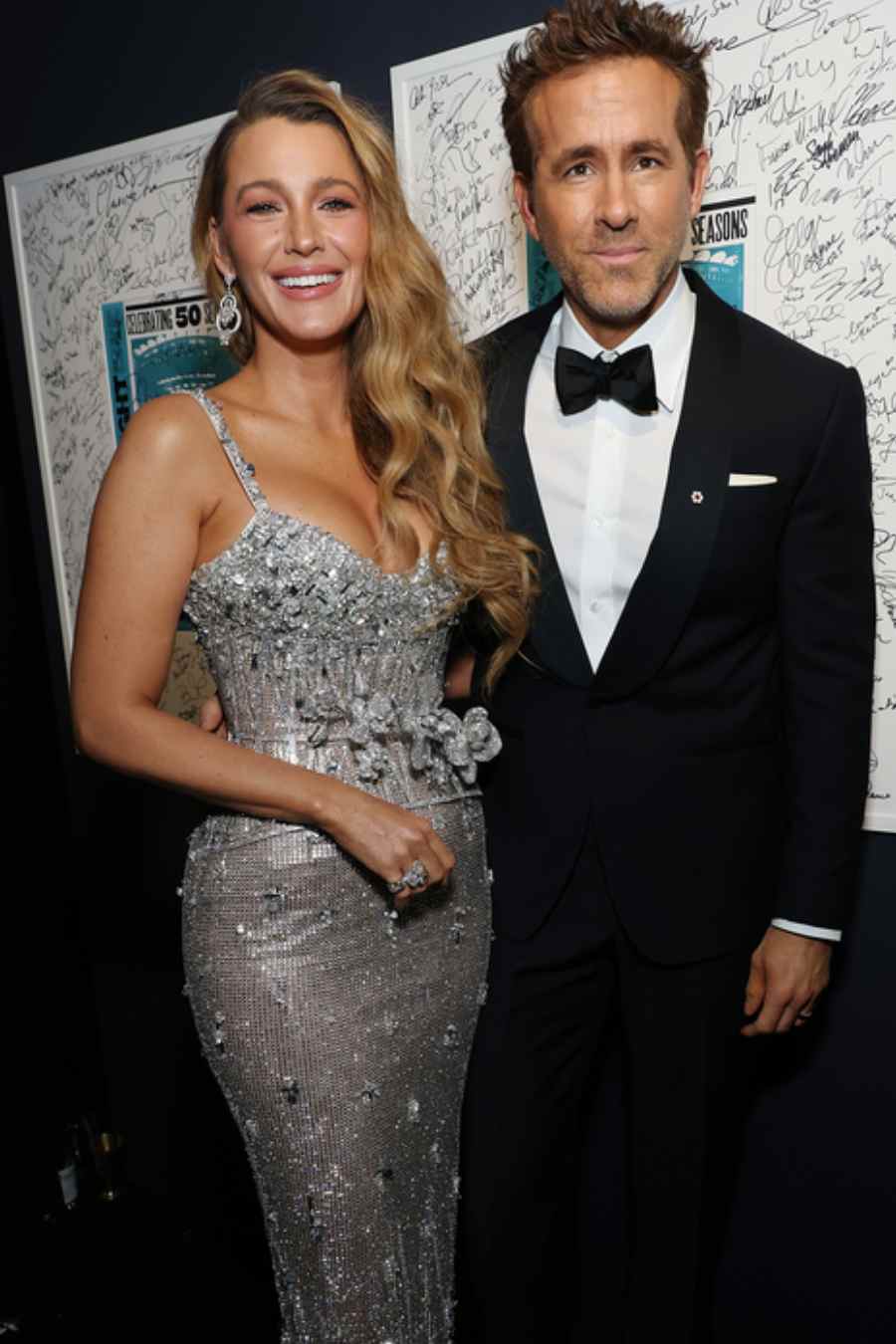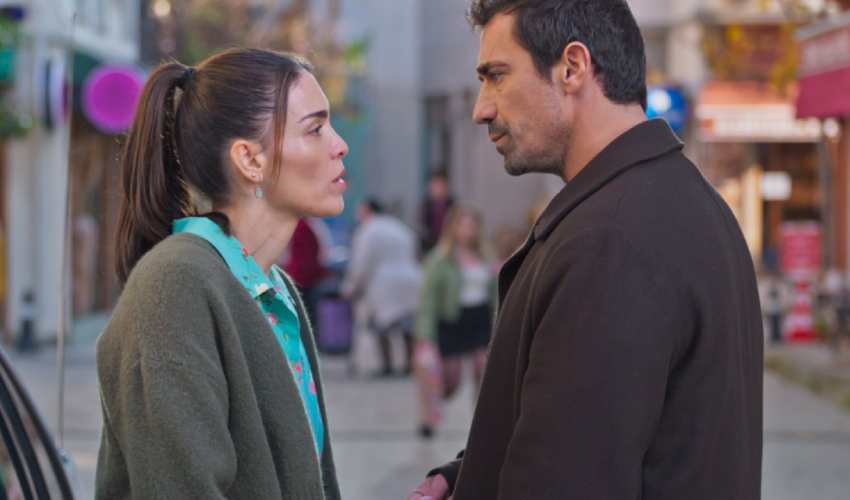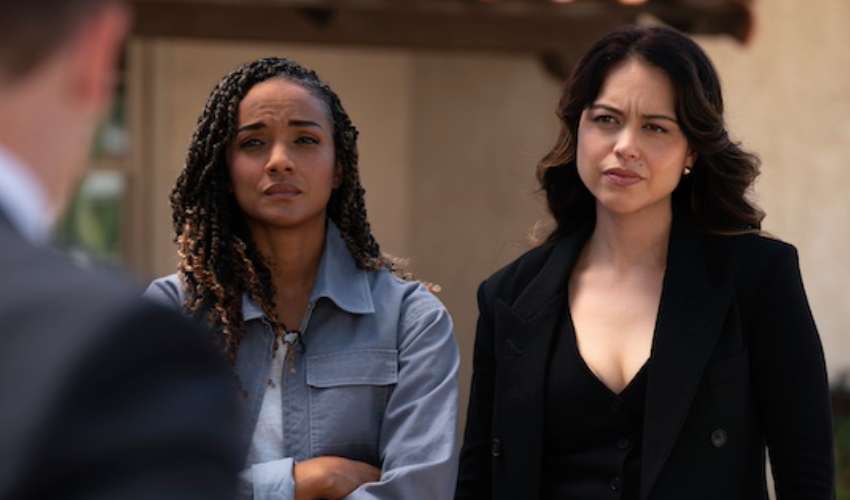Blake Lively Accuses Justin Baldoni of Invasive Question

Blake Lively Accuses Justin Baldoni of Crossing the Line with Invasive Question
Blake Lively has escalated her legal battle against Justin Baldoni, claiming the actor-director asked her an inappropriate and intrusive question about her intimate life with husband Ryan Reynolds. The lawsuit alleges that Baldoni pressured Lively during filming and made her feel uncomfortable on set.

Lively’s Claims Against Baldoni
According to the lawsuit, Lively alleges that Baldoni asked whether she and Reynolds "climax simultaneously during intercourse," a question she found invasive and refused to discuss. She also claims Baldoni pressured her to "orgasm" on camera during a scene they had previously agreed to remove.
.jpg)
The legal complaint states that Baldoni justified keeping the scene by citing his own personal experiences, saying he and his partner climax together.
Related: Justin Baldoni’s Set Insider Calls Blake Lively’s Claims Lies
Other Allegations in the Lawsuit
Lively’s updated filing suggests that two other actresses from It Ends With Us may come forward with evidence supporting her claims. Additionally, she accused Baldoni’s co-producer, Jamie Heath, of making her uncomfortable by showing her a personal video she initially mistook for explicit content.

Text messages included in the lawsuit reportedly show Lively expressing frustration and referring to Baldoni and Heath as “scumbags” for their behavior.
Baldoni’s Response and Legal Pushback
Baldoni’s legal team has denied all allegations, calling the lawsuit “underwhelming” and lacking substantial evidence. His attorney, Bryan Freedman, claims that unnamed sources in the complaint do not appear willing to publicly support Lively’s claims.
To counter Lively’s accusations, Baldoni’s team released footage from the film, arguing that it demonstrates professionalism rather than misconduct. Additionally, Baldoni launched a website to present his side of the story, including alleged text exchanges with Lively and Reynolds.
Related: Blake Lively: 2 Costars to Testify in Justin Baldoni Case

Legal Proceedings and Next Steps
Lively’s legal representatives have requested access to Baldoni’s phone and internet data to investigate possible efforts to discredit her claims. Meanwhile, the judge overseeing the case has warned both parties against publicizing details, stating that the trial, scheduled for March 2026, could be expedited if necessary.
Popular Posts
Nell Fisher Brings Holly Wheeler Magic to Jimmy Fallon Show
Updated 19 hours ago
Netflix’s To Love, To Lose: Turkish Series Story, Cast & Release
Updated 1 day ago
Finding Her Edge Netflix Release Date, Time, Cast and Story
Updated 1 day ago
The Traitors winner predicts final players ahead of finale
Updated 3 days ago
Fans can watch The Traitors season 4 finale in UK cinemas
Updated 3 days ago
What Is New to Watch Today on Netflix and Prime Video
Updated 3 days ago
Pole to Pole With Will Smith National Geographic Series 2026
Updated January 13, 2026
Love Island All Stars Season 3 Faces Sudden Fire Delay
Updated January 13, 2026
The Rookie Season 8 Episode 2 Air Date and Plot
Updated January 13, 2026



.jpg)










